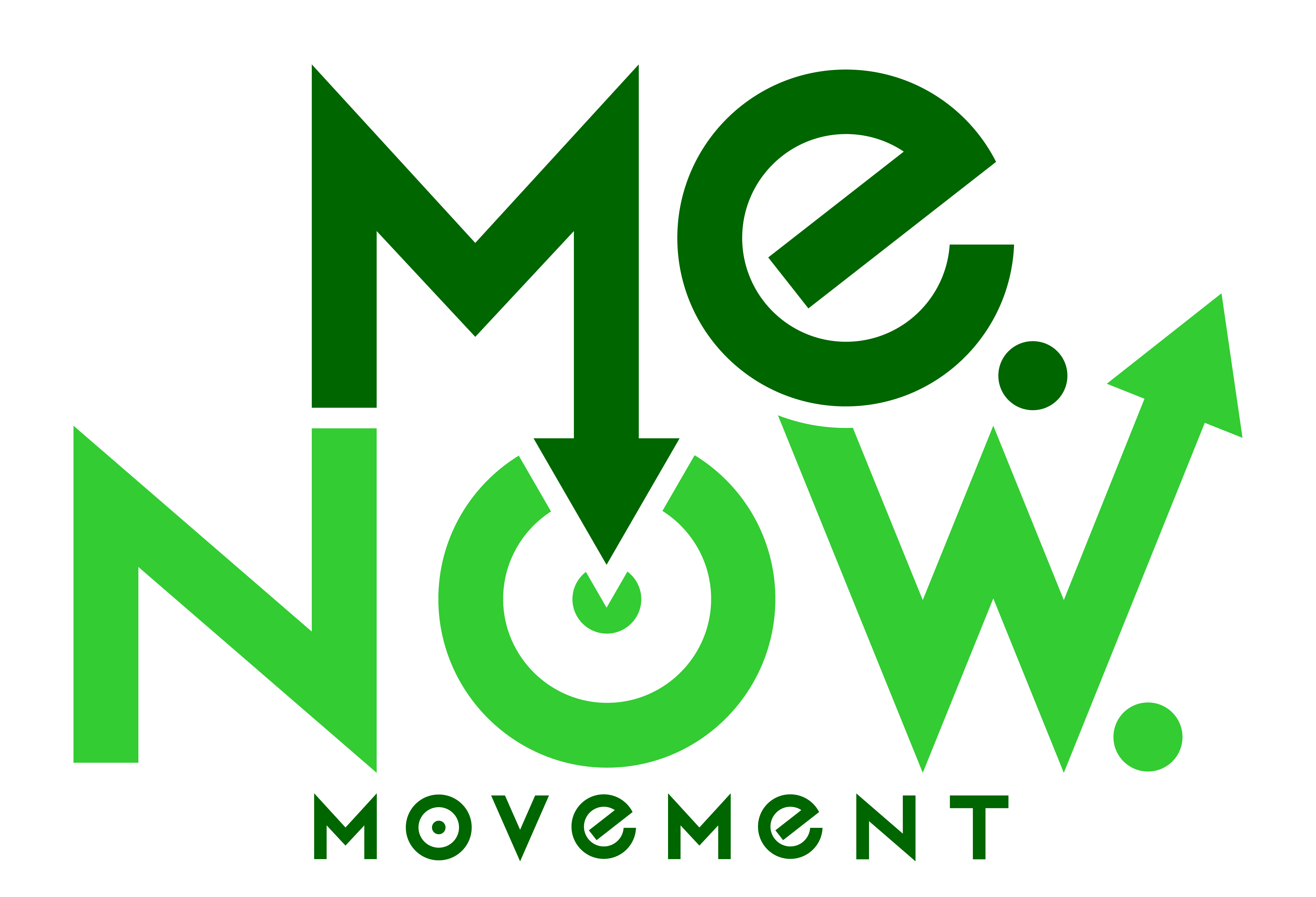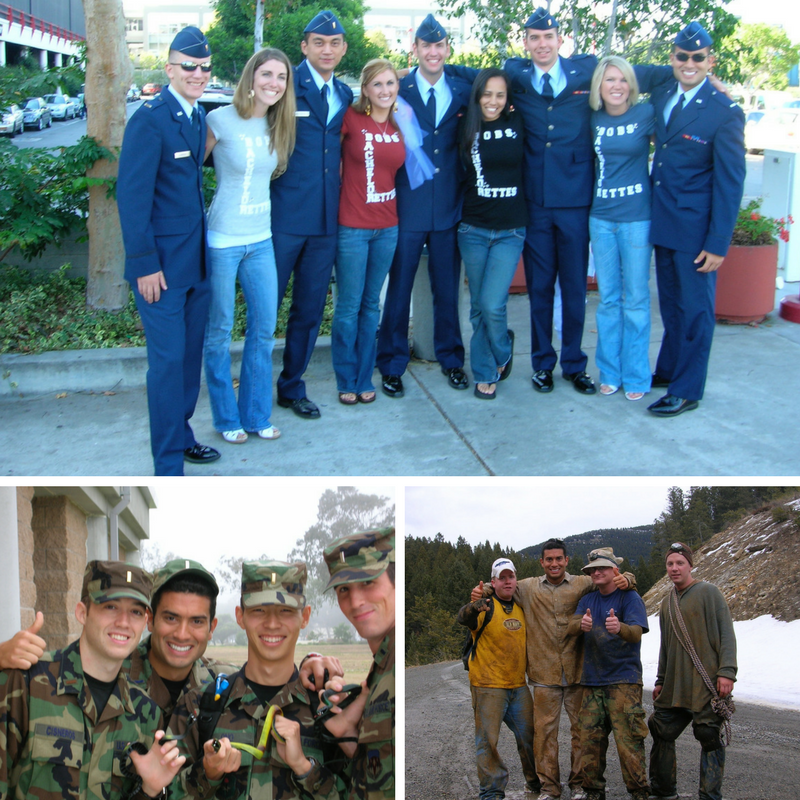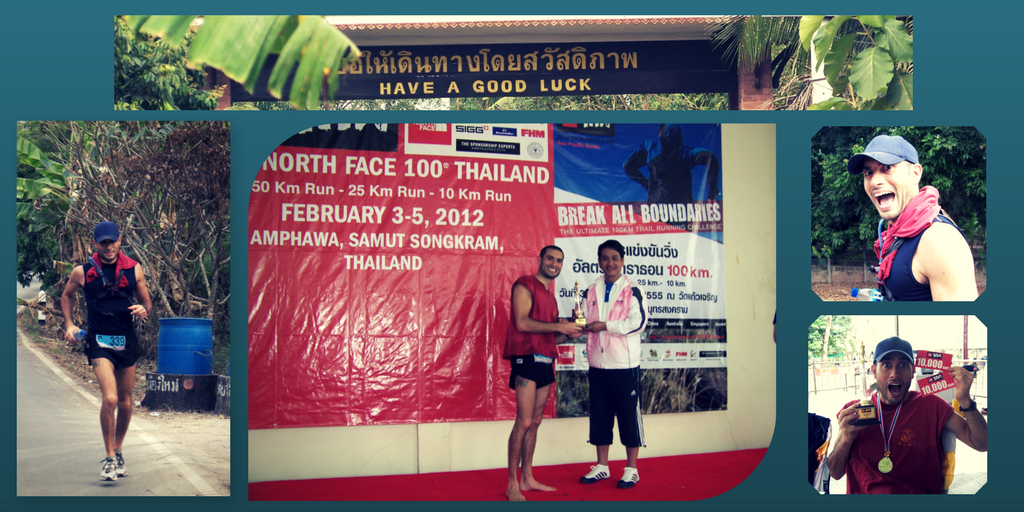
It is amazing how fast things happen when support, talent and community come together! In my last post I announced some exciting opportunities in my own Me.Now. journey. Forty days later I am humbled to share the progress.
![]()
As seen in the image above, the Me.Now. Movement has gone pro! We have a brand new logo envisioned and designed by Me.Now. Movement member Michael Zanconato. The new logo comes with its own custom font, social media icon (left), and dedicated color palette. I am overjoyed by the logo and the way its design reflects the purpose of our community. And having an icon is just plain cool. Many thanks, Michael!
In addition to our new branding, I am also stoked to be releasing the Movement’s first promo video! Another awesome talent in our community – Austin Spicer – visualized, shot and edited the promo. Austin combined selfie clips from members across the country to introduce our message to the world in video format for the first time! I am grateful beyond words for the passion, commitment and talent present in our group.
You can watch the promo on the Me.Now. Movement Youtube channel. Like it, leave your comments, and share it freely! There are people out there seeking a community like ours but who do not know we exist. Help this video find them…
In my last update I shared that I was working with a literary agent to explore book publishing options. After a few brainstorming and contract conversations, it became clear that the publisher did not appreciate my vision or the purpose behind the Movement. I chose to part ways with the first firm in search of a more visionary partner. It did not take long for new publishing opportunities to arise that valued our mission and commitment to change, not money.
In a testament to collaboration and honesty, I have a new publishing partner and am on track to release a book before Christmas this year! The book will be in ebook format, available on all major digital retailer sites, and will be 100% free for public download. I could not be more pleased to see this project coming to life!
I look forward to sharing updates as we continue to gain momentum. Never give up on doing what you love, what you know is right, and helping others to do the same. One Life – No Compromises.![]()


